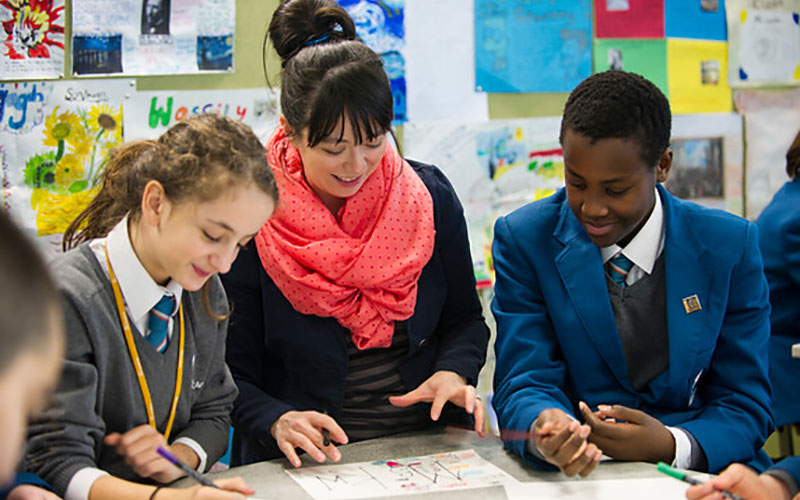Further Education PGCE
London, Bloomsbury
This is the programme information for 2025 entry
If you require details of the previous year's programme, Further Education PGCE (2024), click here
The Further Education PGCE has three specialist routes; Further Education English (Literacy and ESOL) PGCE, Further Education Mathematics and Numeracy PGCE and Further Education (all other subjects) PGCE.
Each route develops effective, confident teachers whose practice is informed by knowledge of educational theory that is carefully tailored to the further education and skills sector.
Study mode
UK tuition fees (2025/26)
Overseas tuition fees (2025/26)
Duration
Programme starts
Applications accepted
Applications open
Early application is advised as programmes may close as soon as places are filled. Applicants should check the government website for the latest vacancy information.
Skills
This course will give you everything you need to face the classroom, both the pedagogical theory and the practical skills to be an inspiring teacher.
Support
Our gradual immersion approach will introduce you to the classroom progressively, from one learner to the whole class.
Experience
Placement in diverse, carefully chosen colleges will allow you to learn from different contexts and be prepared to teach in any FE setting.
Start teaching
For those already working in FE, the PGCE is designed to help you reflect on and improve your practice For those new to FE teaching we will provide you with the tools to progress to a fulfilling career in the sector.
IOE, UCL's Faculty of Education and Society, has been ranked 1st for Education in the QS World University Rankings by Subject since 2014.
UCL is regulated by the Office for Students.



